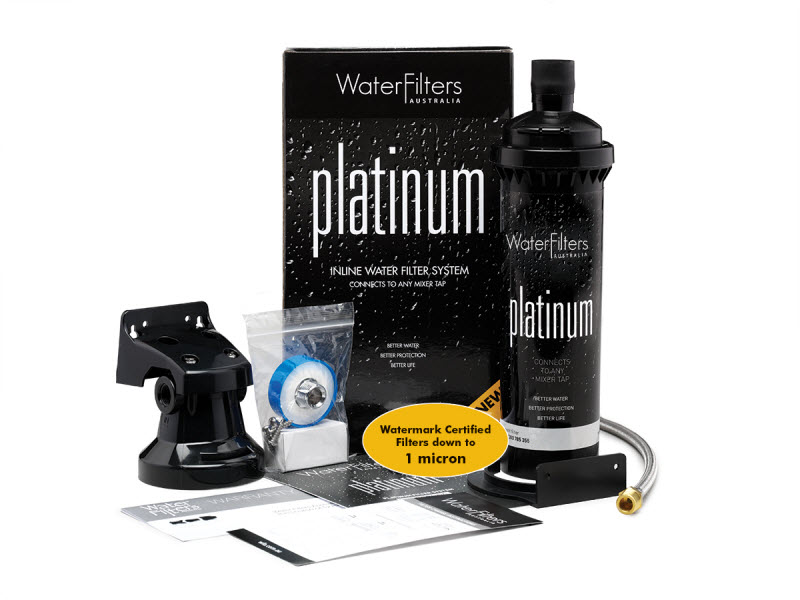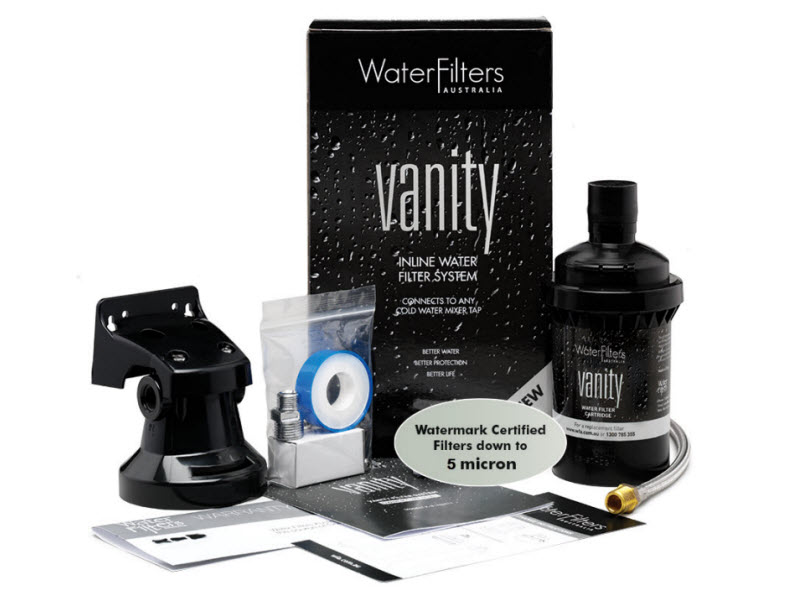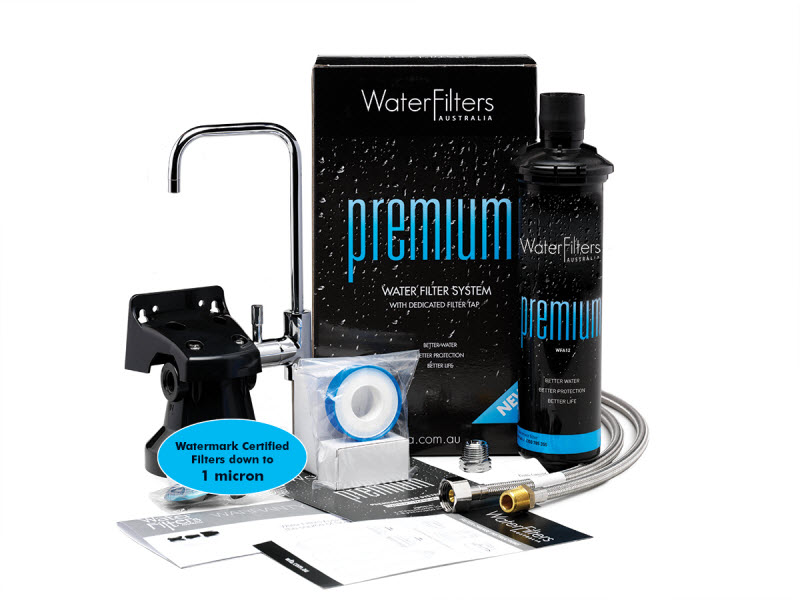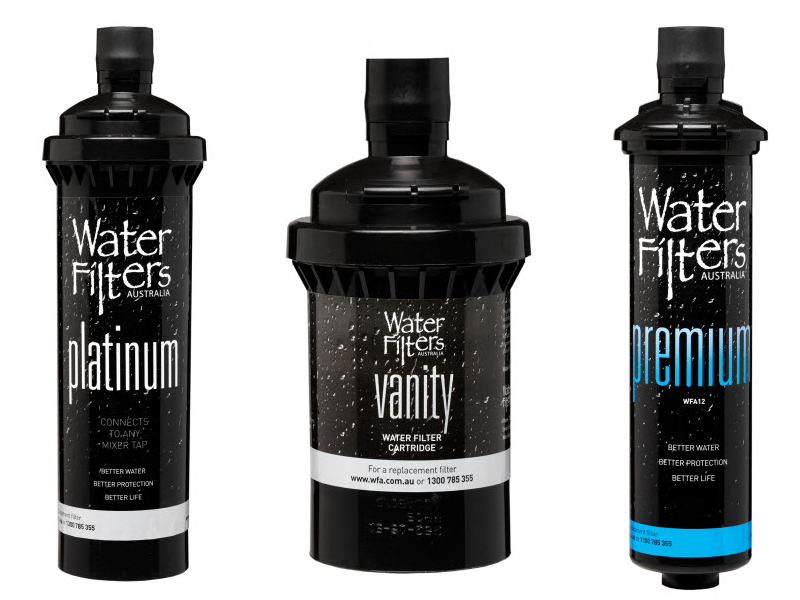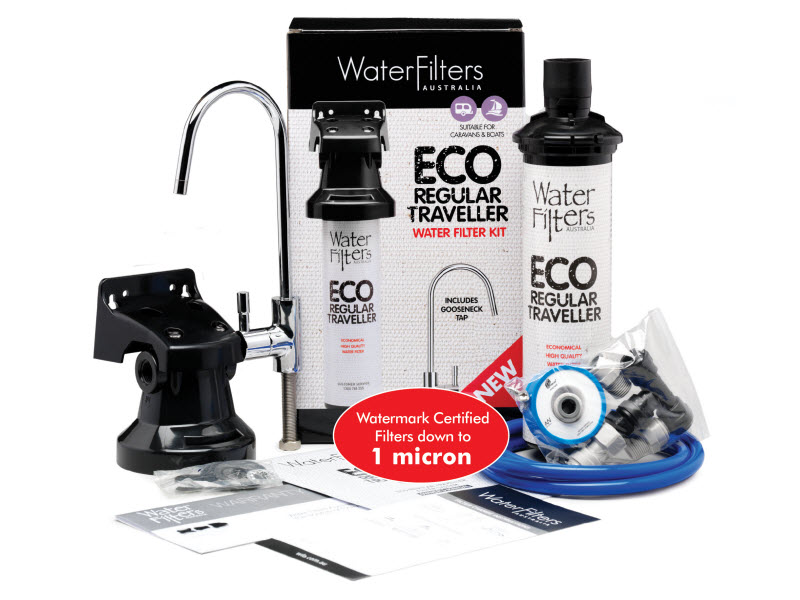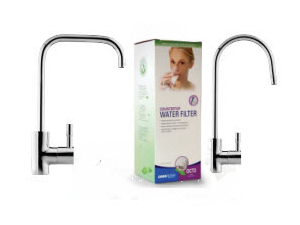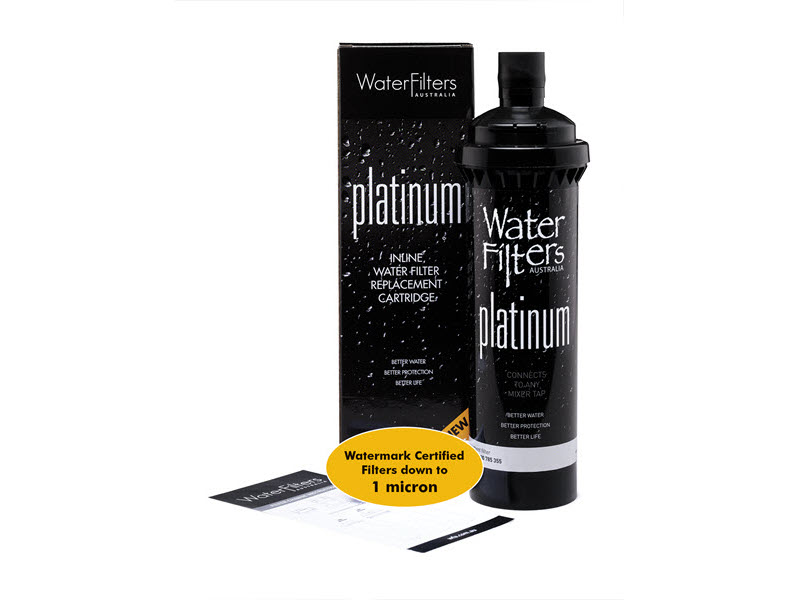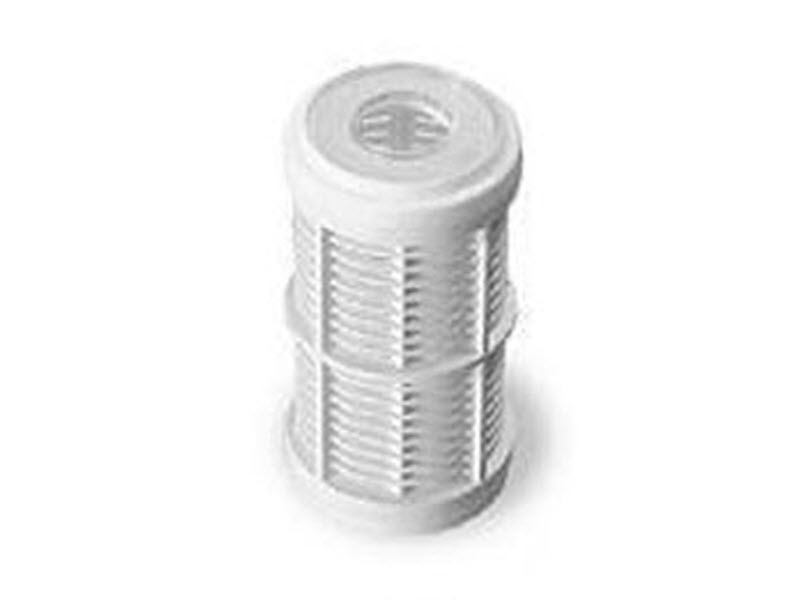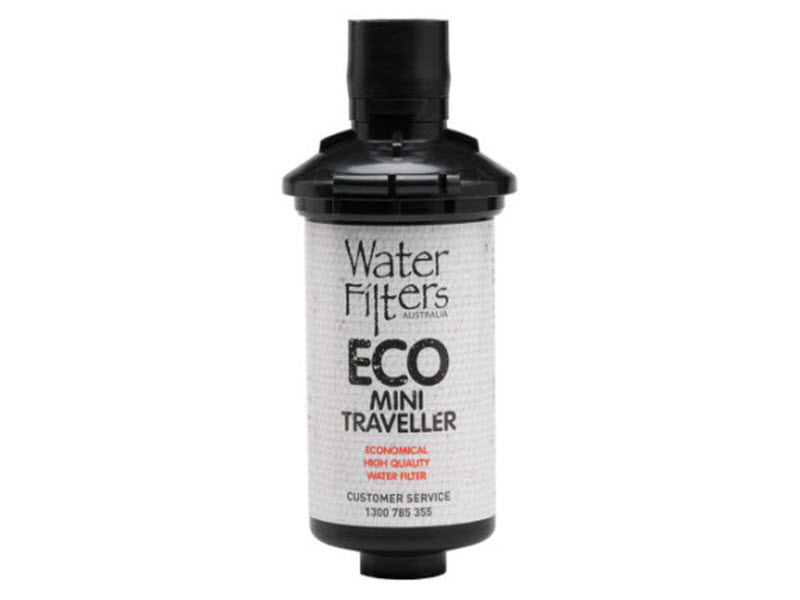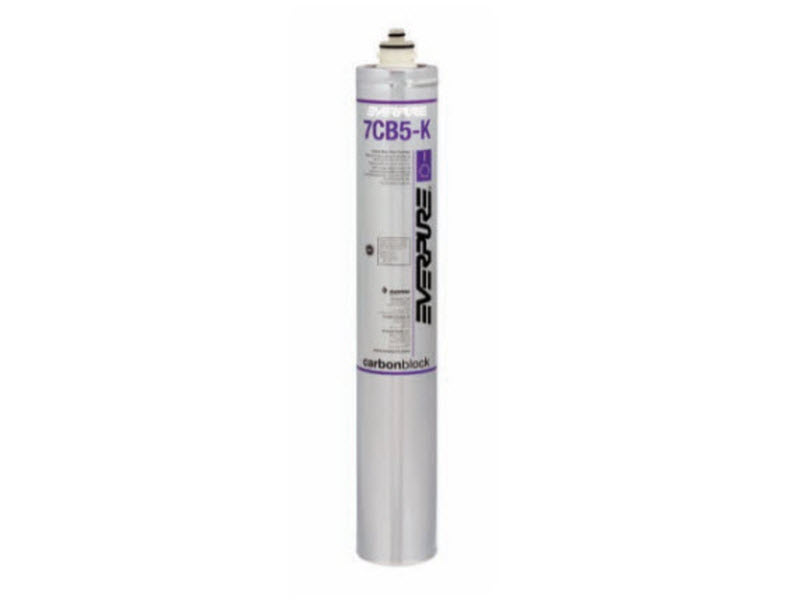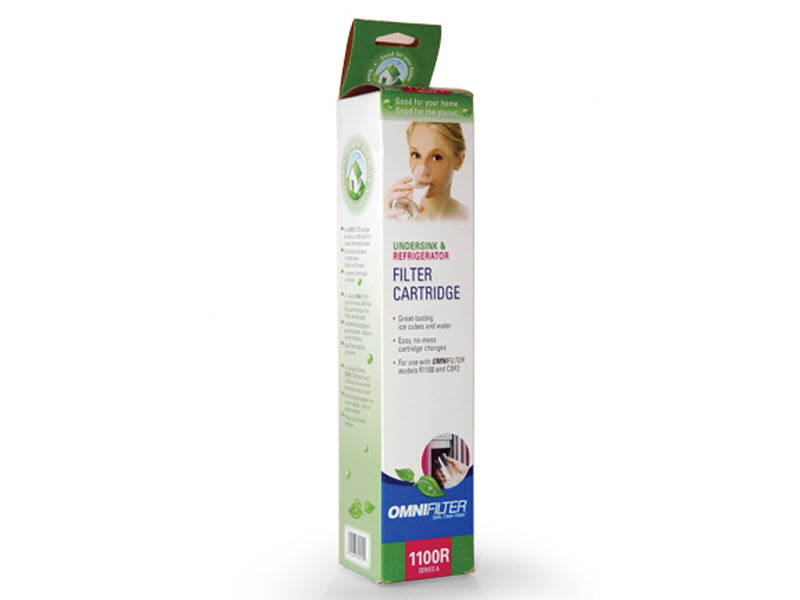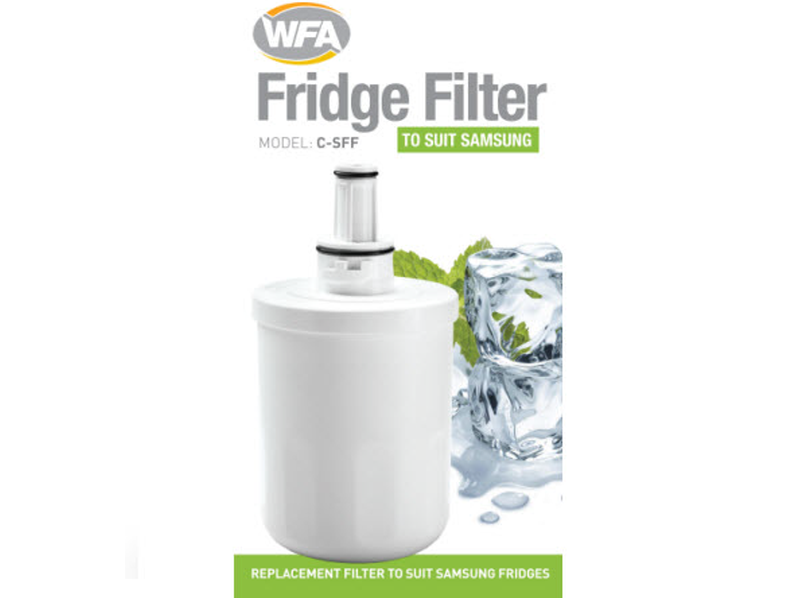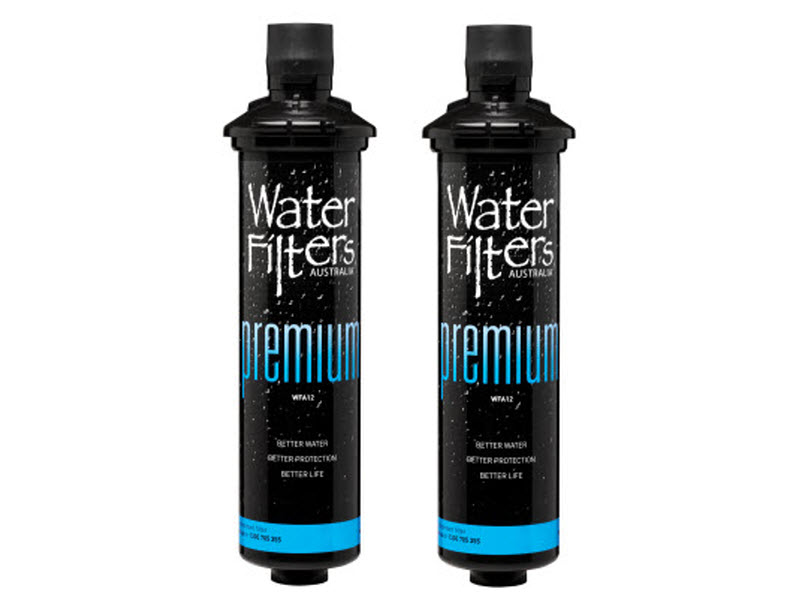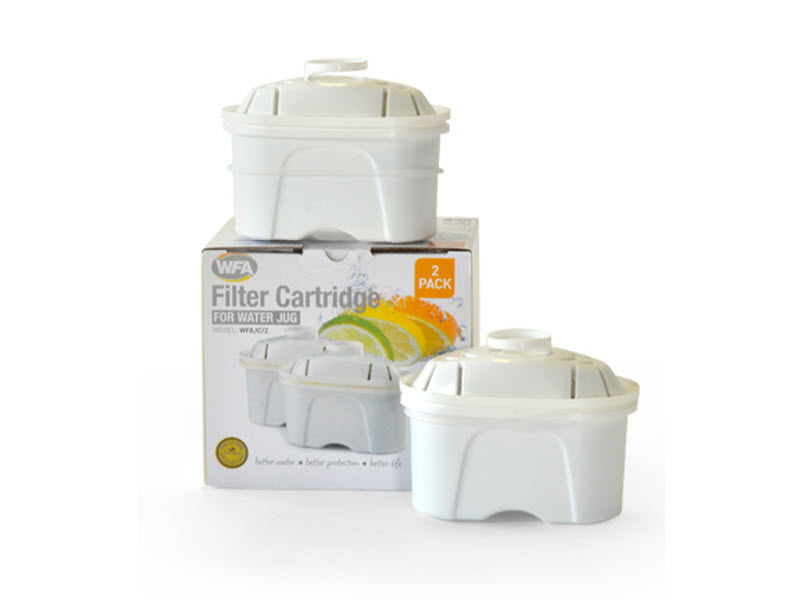Why are some water filters slow?
Why are some water filters slow? It’s a question we often get asked here at Water Filters Australia HQ. According to WFA’s Technical Director, Craig Hannam there are a number of factors that can affect the flow rate of a water filter.
Why are some water filters slow? It’s a question we often get asked here at Water Filters Australia HQ. According to WFA’s Technical Director, Craig Hannam there are a number of factors that can affect the flow rate of a water filter.
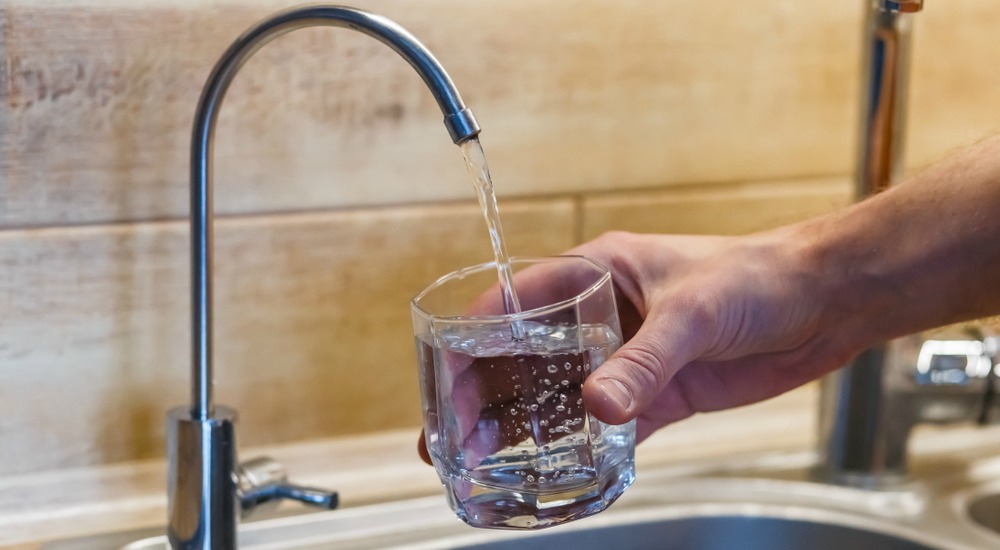
Water Pressure
The first one is incoming water pressure. The higher the pressure, the faster the flow. It’s as simple as that!
Some water filter systems need to have a pressure limiting valve installed because the components inside cannot handle high pressures.
These valves limit the amount of water going through the water filter system but this in turn can slow the flow rate down too.
Water Quality
Next is the water quality. The poorer the water quality the quicker the cartridge will clog and therefore the flow rate will get less and less. For example, if you are filtering rain tank water without any pre-filter system, there can be lots of suspended dust particles in rainwater that the human eye can’t see. So although the water might look clear, all those particles can clog and stop a filter from working very quickly.
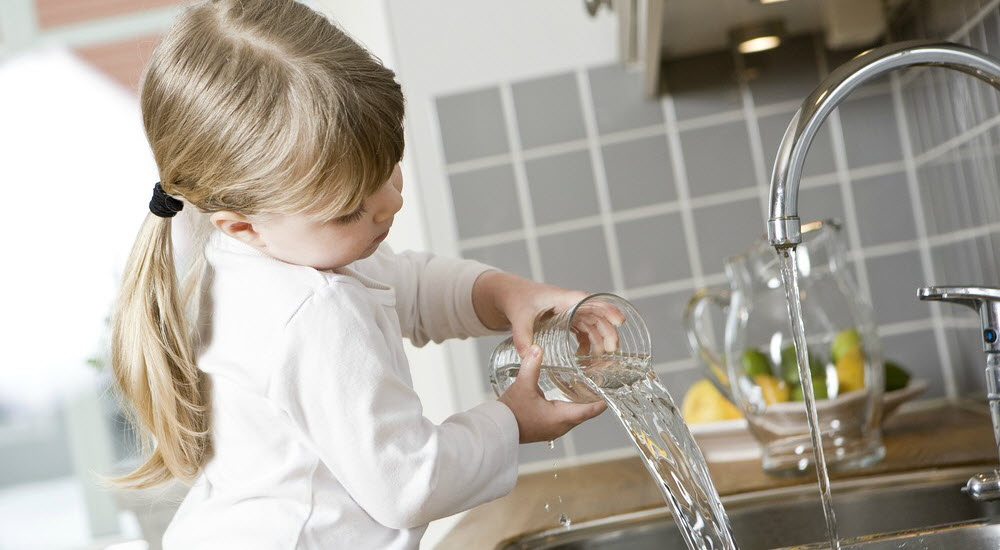
Usage
Another factor is usage.
The more you use the water filter, the more it gets clogged so the slower it will get.
It’s important to change the water filter cartridge at the recommended time.
At WFA most of our cartridges will last a family of four 12 months.
Valves
Sometimes different water filter systems have different installation parts and if you have to install a number of different valves, like a dual check valve or a pressure limiting valve. Those valves can also get clogged which may slow down your flow rate. So sometimes it’s not the filter it can be the valves that connect to the filter system that either get clogged with debris or are faulty.
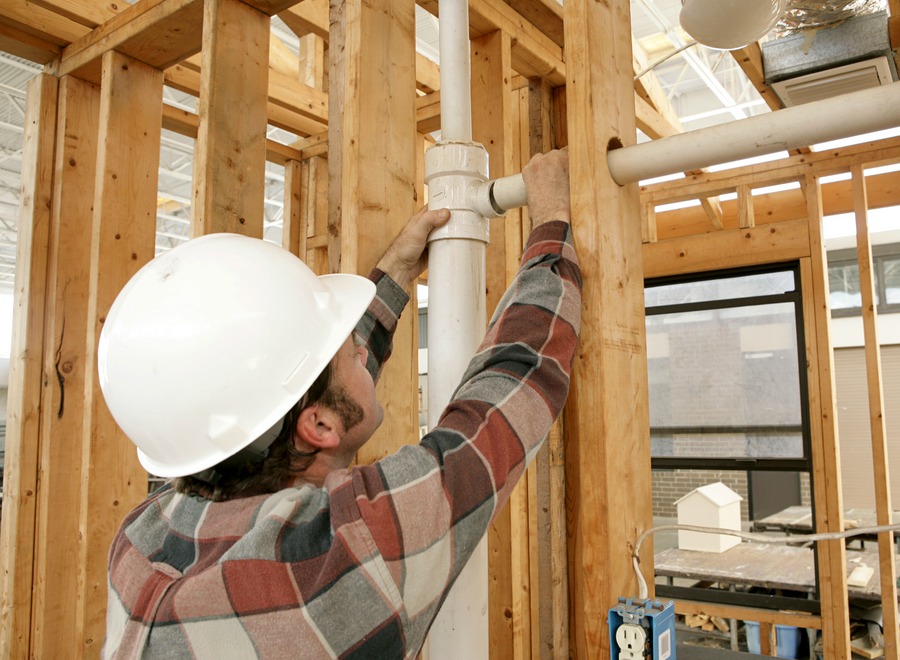
New Home Piping
For new home developments and new builds the piping that’s installed sometimes has debris and dust in it leftover from the build.
So when you turn on your water filter system for the first time the debris and dust can actually clog your filter up fairly quickly.
So if the pipes have not been flushed before the water filter system is used that can create flow problems as well.
It’s a good idea to talk to your builder and plumber about this if you are installing a new water filter system.
The Internal Filtration Mechanism
What’s inside your water filter cartridge is important too. For example, some water filters have a low micron rating. This means the filter cartridge is filtering water very, very finely. Typically the finer the filtration, the bigger the barrier to block the water coming through. This again may slow down the flow rate.
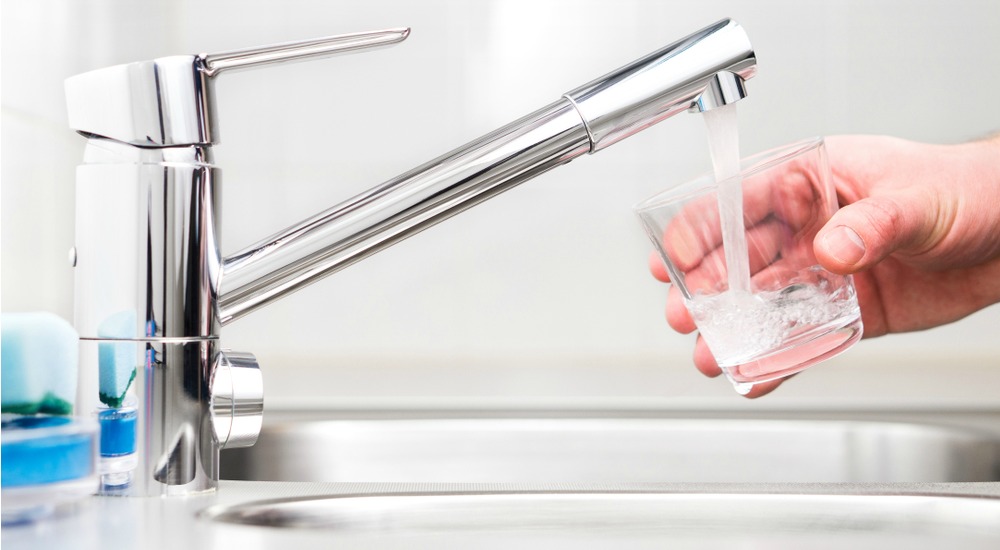
Check the Micron Rating
There are some water filters with exactly the same micron rating but have a different internal system.
They are simply built differently.
It’s the technology inside that makes the difference and even though they are filtering to a very small micron size, some can achieve higher flow rates while keeping very fine filtration.
In summary, combine low pressure, bad water quality, high usage and what’s inside your water filter then you’ll find the flow rate of your water filter system may decrease quicker over time.
WFA’s Technical Director, Craig says,
“It’s often what you can’t see that usually creates the problem. And it really is the technology inside that’s important for flow rate.”
The Solution to Water Flow Rate
So what’s the solution?
A WFA Platinum Inline Water Filter System is a great choice if you are concerned about flow rate. This water filter has a flow rate four times faster than traditional systems. It’s economical too as one cartridge generally lasts a family of four a year.
Contact our friendly customer service team to discuss your water filtration needs.
Read more interesting filtered water facts.



